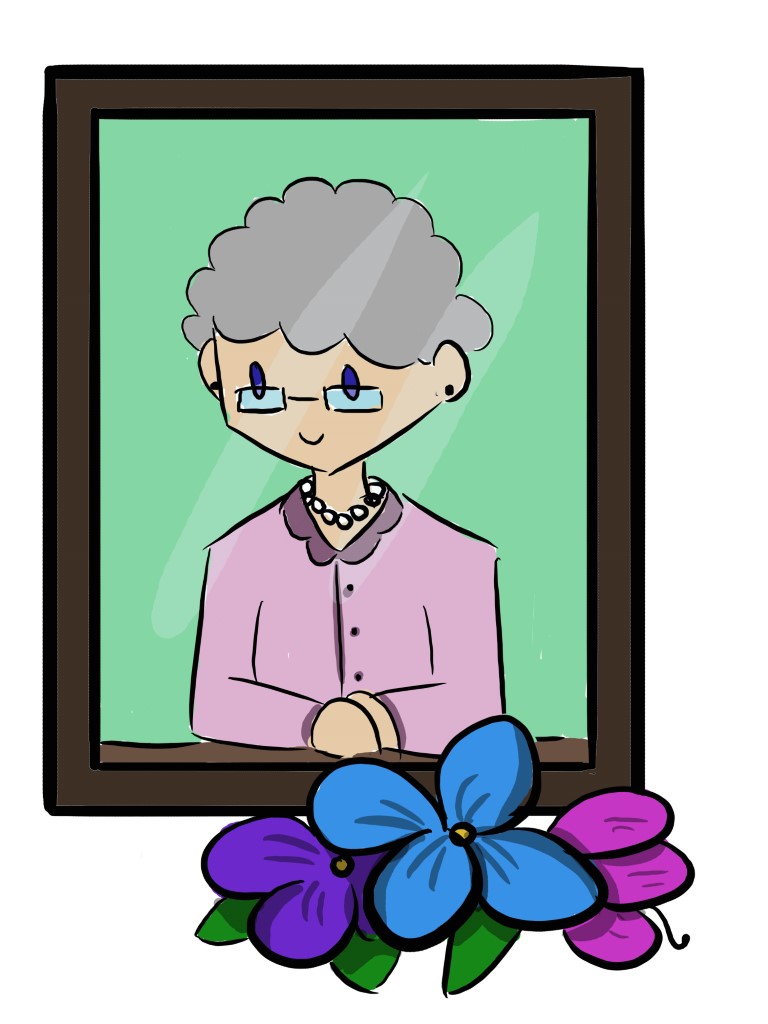Addressing stress
By Natalie Serafini, Opinions Editor
It’s the second half of the semester, with students having recently returned from the study break, and we’re all decidedly unrefreshed. The break either allows for leisure time, or opens the door to midterm studying and essay writing—depending on your interpretation—and it’s left many students shuffling back to classes in despondence.
A book recently released by Dr. David Posen, Is Work Killing You? A Doctor’s Prescription for Treating Workplace Stress, argues that stress is contributing to burnout and low-productivity, as well as bad health. College and university students are certainly feeling the burnout, but how’s their health? And how well are students dealing with stress?
For Alena Bailey, the pressure is in the balance of work and school. “I think work is more stressful than school for me because I’m only taking three classes. So having the time to do my schoolwork and then go to work is more stressful for me,” she said.
When asked how her workload influences her health, Bailey said, “When I have to work a certain amount of hours and then I have to come home and do homework for a certain amount of hours, I don’t really sleep or I don’t eat.”
In terms of her health, Deepinder Kaur said that her stress sometimes causes her to make less healthy choices, stating that “I eat more when I’m stressed.”
Jasveen Kaur felt that her study habits were partly to blame for her taxing workload, stating that “I don’t know if it’s stressful, I guess we make it stressful.”
Asked about her workload, Gurpinder Gaidu said “I guess it depends if you have a job or not, or priorities at home. I have responsibilities as an older sister, but other than that I don’t work, so my stress load is average.”
Catherine Torguro said that her high expectations for herself were “the most stressful” in terms of her strain level.
International students had an interesting perspective to lend in terms of pressure. One student, Singh, juggles work and school because “I am an international student here and that’s a big deal because we have to pay about three times more than the fees of domestic students. That’s why I have to work—if I don’t want to work, I can’t pay my fees.”
Singh also has to ensure that he gets good grades, stating “If I don’t get good marks, I have to do the course again, and the fee of one course is $1,500, and I have to pay again and again. That’s why I have to study.”
My own stress level is perhaps not as bad as many other people’s, and it would be much more manageable if I didn’t procrastinate so much. I’m technically a part-time student with three classes, I juggle the equivalent of two jobs with my responsibilities for The Other Press and other media, and I attempt to maintain a social life. It’s definitely not the amount of work that I have, though, but the way that I manage my time. If I was to cut back on a few of the hours a day spent mindlessly staring at a screen, I’d likely have plenty of time to study and work.
But as much as my—and I’m sure many other students’—study habits aren’t the most ideal, there’s something to be said for the amount of work expected of college and university students. Many students balance school and homework with a job and social life, and if anything’s going to fall to the wayside, it will likely be health. The “freshman fifteen” is a hallmark of the college student’s scale, buying healthy food on the cheap is always difficult, and binge drinking isn’t the stuff health dreams are made of. There are a lot of expectations to meet, and well-being will often be ignored, but it’s something all of us need to address; although being busy and still healthy is something most of us will probably struggle with for years, it’s definitely a worthy endeavour.



